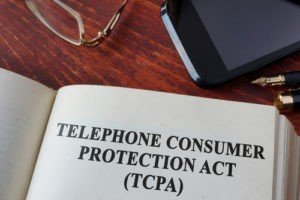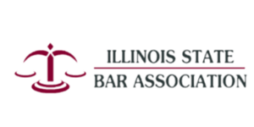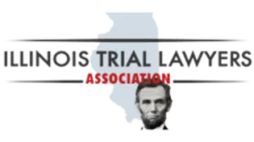
What is the Telephone Consumer Protection Act?
There are various laws in the United States that protect the rights of consumers. The Telephone Consumer Protection Act (TCPA) prohibits any type of company that uses an automatic dialing program to call you on your cell phone if you have asked them to stop or have never given them permission to do so in the first place. The Federal Communications Commission (FCC) issued rules and regulations implementing the TCPA, which went into effect in 1992. Often referred to as “telemarketing” calls, they are usually made in an attempt to sell a service or product, usually unsolicited. Automated calls such as these can also come from other organizations, such as collections services. However, if these calls are made fraudulently or against the rules of the TCPA, liable parties can be held liable in civil litigation or personal injury claims.
Robo Calls
The Telephone Consumer Protection Act (TCPA) places limits on unsolicited and pre-recorded telemarketing calls that are made to your landline/house phone number. Under the Act, this also includes any autodialed or recorded calls or text messages to your mobile phone.
Unless you have given previous written consent, the TCPA mandates that telemarketers cannot engage in the following activities:
- Call between the hours of 9 p.m. and 8 a.m.
- Call you if you opted out of receiving calls from that specific organization or if your name is on the Do Not Call List
- Send unsolicited messages to your house or office via facsimile
- Refuse to provide his or her name, the name or contact information of the company or organization on whose behalf he or she is calling
If you want to be included on the national Do Not Call List, visit donotcall.gov or call 1-888-382-1222 from the phone you want to register.
FCC Regulations
FCC rules mandate that a business must obtain consent before it is allowed to make a pre-recorded telemarketing call to your landline number or a call or text to your mobile phone number. Permission can be given on paper or via electronic means by filling out website forms, a telephone keypress, or oral consent.
If you have received unsolicited faxes, calls, or prerecorded messages, you may be able to file a lawsuit against the caller if the caller is found to be in violation of the TCPA. In order to have a valid claim, it is important to gather the following information:
- Recordings of the unwarranted phone calls and voicemails
- Written documentation of the date and times of the calls, as well as the caller’s identity and a summary of the conversation
- Copies of any notices you sent to callers revoking consent for them to make automated calls
Contact a Woodstock Civil Litigation Lawyer
Those automated telemarketing calls that you receive may be more than just annoying; they could be in violation of the law. At the distinguished Prime Law Group, LLC, we handle a variety of legal matters and understand how to protect your constitutional rights. Our qualified McHenry County personal injury attorneys are well-versed in Illinois consumer protection laws. To schedule a free consultation to discuss your case, call our office today at 815-338-2040.
Date: June 10, 2020
Sources:
https://www.consumer.ftc.gov/articles/0108-national-do-not-call-registry#calls
http://transition.fcc.gov/cgb/consumerfacts/robocalls.pdf






